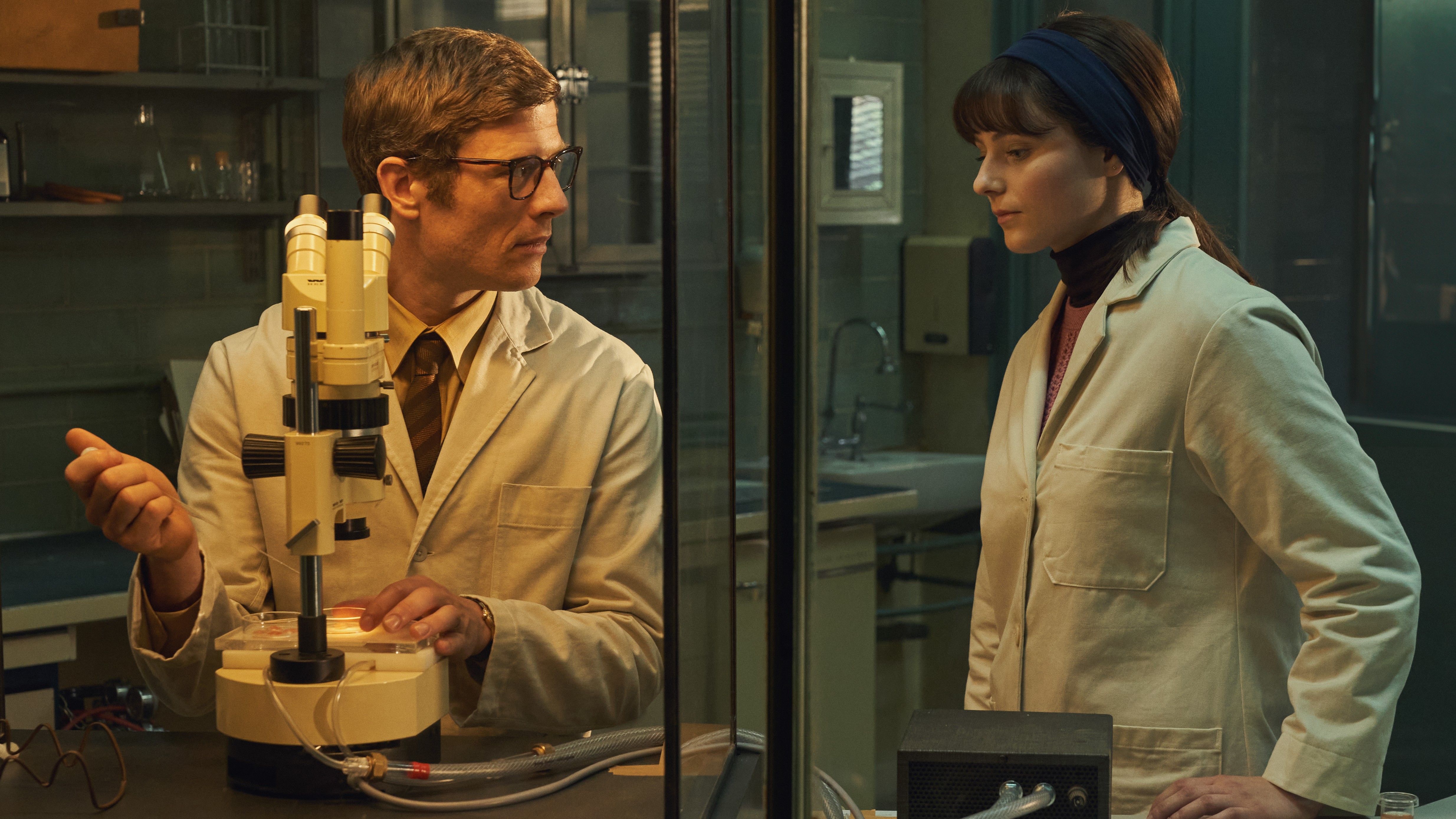
With new movies and shows coming to Netflix almost every single day, sometimes things slip through the cracks. And sometimes, that means that a movie or show that's otherwise worth watching fails to find viewers ... which is precisely what I think happened to Ben Taylor's historical drama, "Joy - The Birth of IVF."
Despite reviewing reasonably well (it's currently sitting at an 89% critics' score on Rotten Tomatoes), the movie failed to nab a spot within the Netflix Top 10 in the U.S. upon its release on Nov. 22.
I have a suspicion that it got overshadowed by some other releases; after all, Netflix also dropped "The Piano Lesson" and "Spellbound" on the same day. Whether that's true or not, I do genuinely believe that "Joy - The Birth of IVF" is worth checking out; you can find out why below.
What is 'Joy' about?
“Joy” is a moving British drama that tells the true story of the world’s first “test-tube baby," Louise Joy Brown, and of the development of in vitro fertilization (IVF) treatment in a British hospital, and the 10-year journey to make her birth possible.
Across those years, we follow nurse and embryologist, Jean Purdy (Thomasin McKenzie), scientist Robert Edwards (James Norton), and surgeon Patrick Steptoe (Bill Nighy) as they work together to develop the treatment, facing down social and scientific challenges of the era.
Why should you stream 'Joy' on Netflix

Now, for the record, I'm not trying to say that "Joy" is absolutely the greatest movie you'll find on Netflix; it does have its issues. But what it is is a delightful, moving testament to scientific development, wrapped up in the cozy trappings of a British period drama.
Sure, the whole thing might feel a little unsubtle in how it approaches the topic at hand, but there’s no denying that this is a warm, emotional watch, one which is propelled chiefly by its core trio, each of whom turns in deeply human performances. McKenzie, especially, is great, deftly balancing the tensions between Purdy’s private life, her Christian upbringing and traditionalist mother, and her work in the lab.
By the time the credits roll, I defy anyone to not be at least somewhat invested in what our trifecta (and the woman who they’ve worked with) have gone through, and be thrilled by what they’ve achieved; I'm not ashamed to admit that I shed a few tears throughout.
If nothing else, it’s worth seeing purely as a reminder that Purdy’s work in developing IVF treatment (as the movie tells us) had been forgotten; in making her the central character, “Joy” tries to right this wrong.

That 89% Rotten Tomatoes score tells me that I'm also not the only person who is willing to recommend you check "Joy" out, either. As proof, I've included a few critics' quotes below.
Case in point, The Guardian's Peter Bradshaw gave the movie a 3/5 star rating, describing "Joy" as a "watchable, if a little functional" movie, adding, "It’s a somewhat stagey reconstruction but an approachable and humane account of a great moment in scientific history."
Similarly, RogerEbert.com's Nell Minow gave the movie a 3/4 star score, writing: "Sometimes we just need a nice, cozy movie featuring a heartwarming true story and actors with British accents" and describing "Joy" as having "an engagingly understated tone in look and performances."
Bottom line, I really do think plenty of viewers will find something to like with "Joy". If you're in the market for a simple slice of drama, especially on a lazy weekend, "Joy" would make for perfect, comfort viewing. But if I've still failed to convince you to try streaming "Joy", but you're still on the hunt for something new to watch, be sure to check out our guide to the best movies on Netflix for more streaming recommendations.







